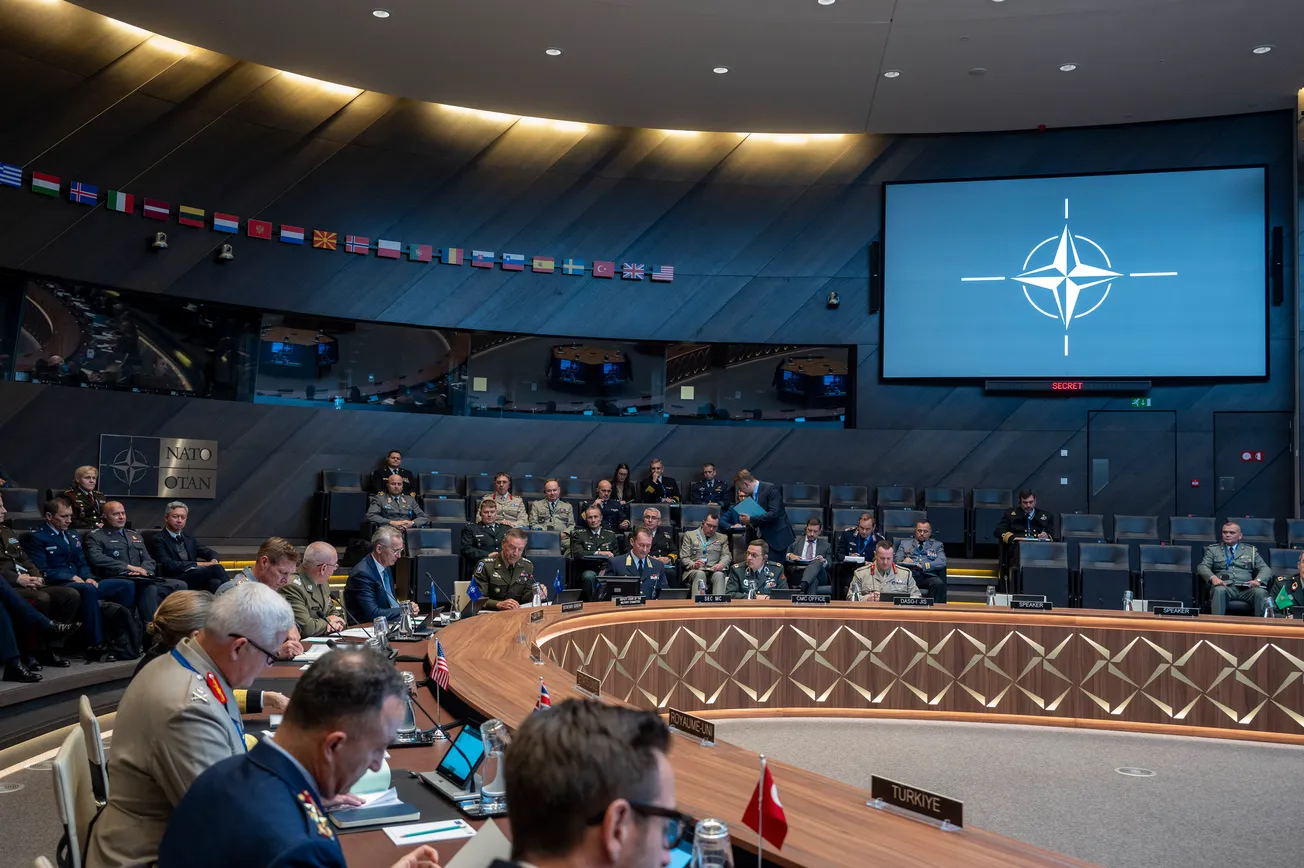Consider this scenario: A car is hurtling toward a brick wall. The collision seems imminent. “Don’t worry,” says the driver, “I don’t want to hit the wall!” Wouldn’t you say the driver is insane?
We don’t want a thermonuclear war with Russia, say Anglo-American NATO. We don’t want to trigger a nuclear confrontation through military strikes between Israel and Iran.
But that is precisely what their actions will lead to. Nuclear war—the extermination of the vast majority of the human population, of most of the great treasures of human thought and architecture, and of much of the land and atmosphere—is the only possible result of their reckless demands for hegemony.
Consider the region of Southwest Asia—this is the junction of three continents, the most crucial point of connectivity in the world. Of course it is the scene of imperial machinations to prevent cooperative development. It is not in Israel’s actual interest to provoke a war with Iran, even if some politicians, such as the rabid Israeli prime minister, think so. While the Israeli lobby indeed has an enormous amount of influence over the American political system, what is the source of influence on Israel? What has caused the Israeli government to adopt a counter-productive strategic outlook which threatens to engulf the world in the nuclear war that could be expected to result from Israeli attacks on Iran’s nuclear facilities, located far underground in hardened facilities that can only be taken out by nuclear weapons? The British influence on Israel is long-standing, starting from its very creation, and before.
But there is more to the world than British geopolitics.
The BRICS process is picking up steam, with significant announcements from the BRICS finance ministers meeting this week in Moscow. New systems for international settlements of payments are being worked out, and the effectiveness of U.S.-promoted sanctions will continue to wane. Look at the increasing number of heads of state and government attending the BRICS Summit next week in Kazan. In addition to the official members of the BRICS, including new members Egypt, Ethiopia, Iran and the U.A.E., there are reports that the leaders of Armenia, Belarus, Bolivia, Burkina Faso, Mongolia, and Türkiye will attend. Event organizers expect tens of thousands of people to come to Kazan for the summit and related events.
As NATO engages in military exercises against an imagined enemy that would not exist except for their own belligerence, and which could not possibly be defeated in a conflict that would become nuclear, other parts of the world are moving forward.
As Israel continues to enact barbarous acts to depopulate northern Gaza, destroy hospitals and their functions, and cause conditions for famine, most nations around the world realize that there must be a change in the system of international relations itself. In what context could peace be created in the region, through pressure from around the world?
The biggest question is: Will the countries of Anglo-American NATO be inspired to adopt a new orientation, a higher sense of identity coherent with acting for the benefit of the entire planet, and not only the self-interested promotion of their own national standing? Two LaRouche independent candidates—Diane Sare, who is running for U.S. Senate from New York, and Jose Vega, running for Congress from the Bronx (CD15)—have released recent interviews or scheduled upcoming interviews about their efforts to bring about such a change.







